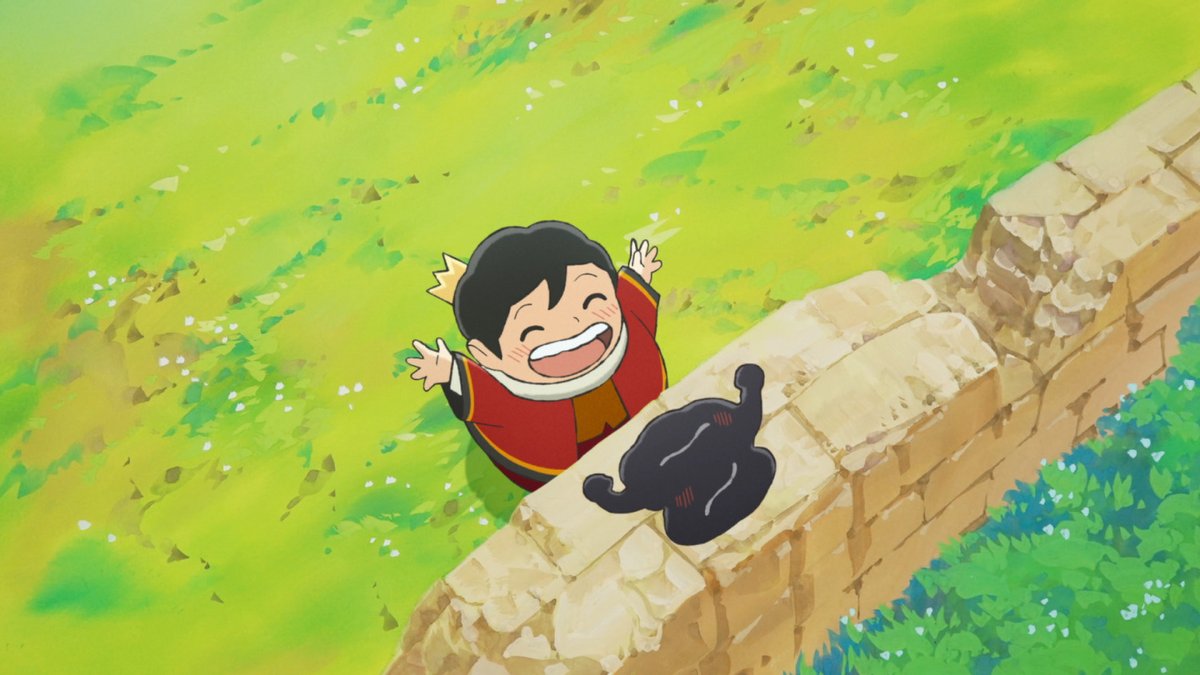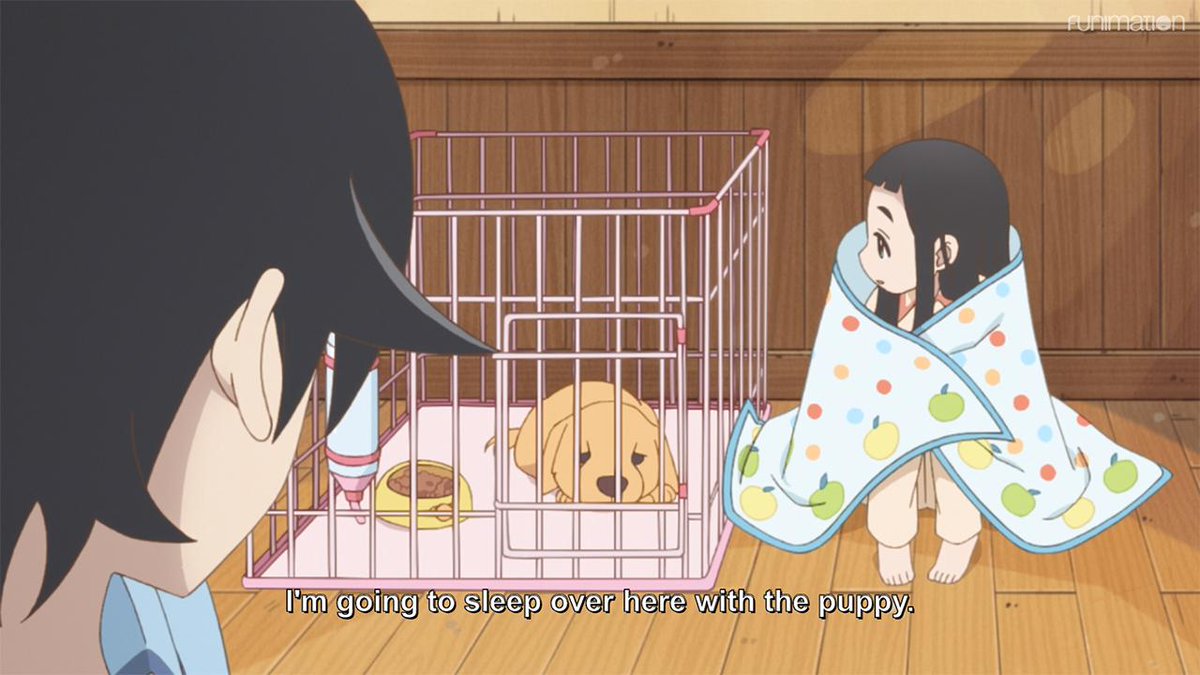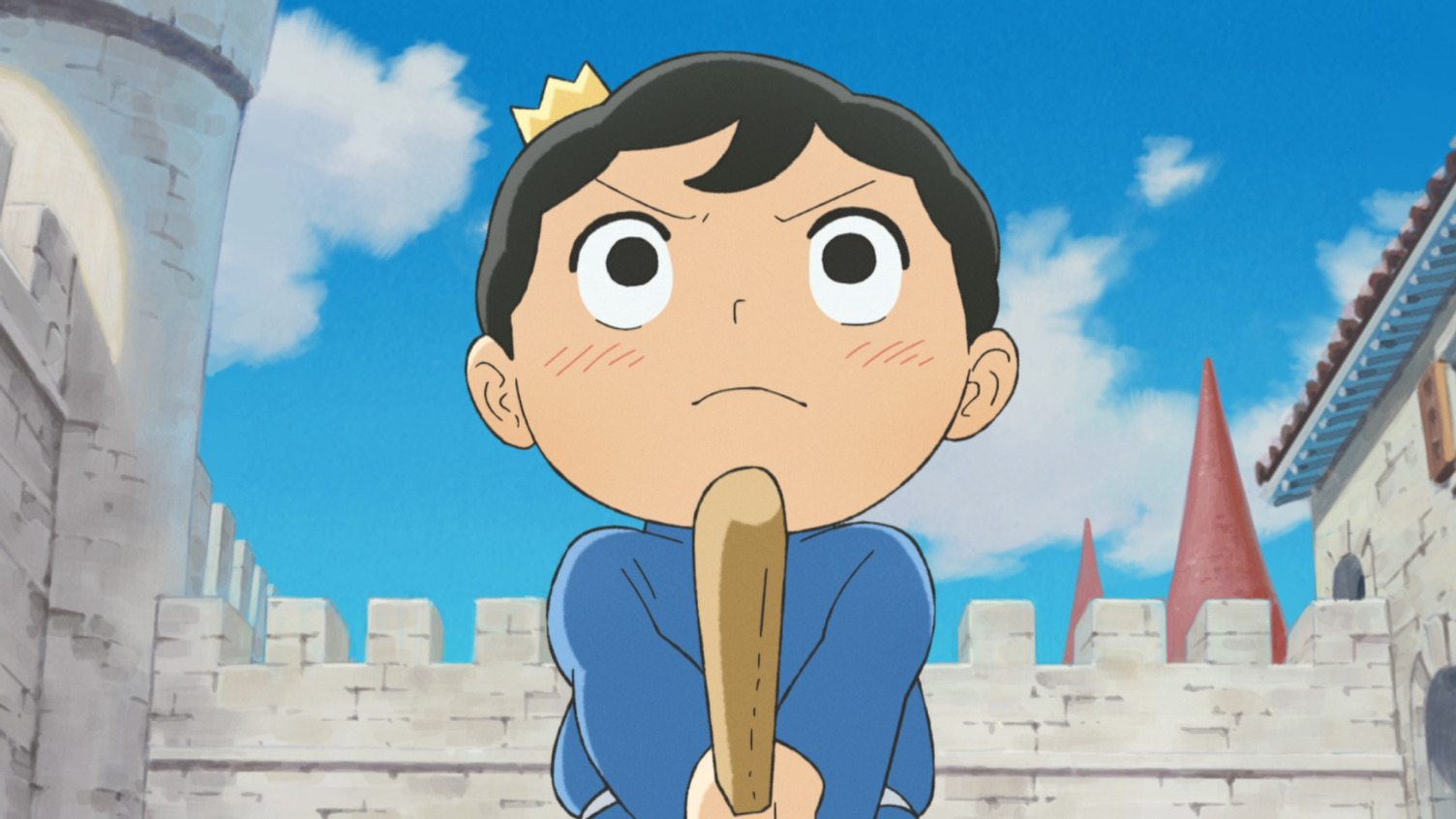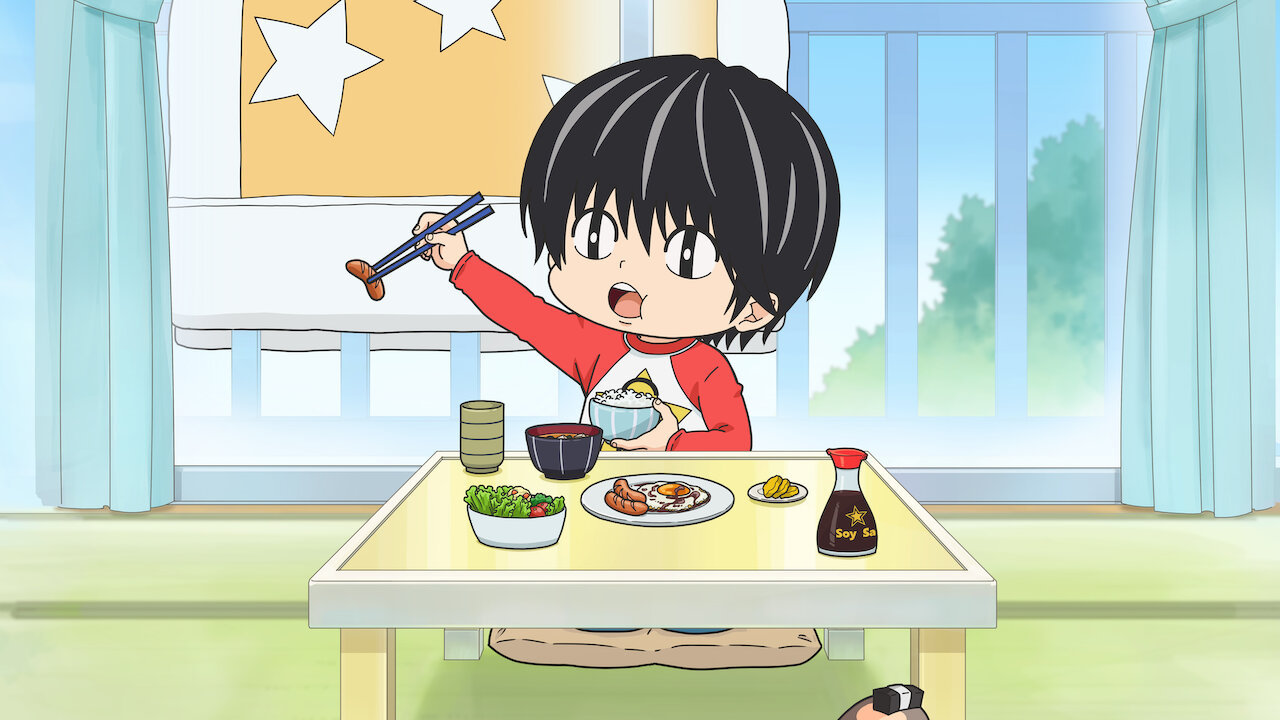Bojji, Kotaro & How Anime Kids Are Better Than We'll Ever Be

Kids. They say the darndest things. They also show us a more hopeful future, one without worry for things like climate change or late-stage capitalism. As always, I turn to anime to show me the possibilities. And anime kids? They’re beacons of progress and they’re better humans than we could ever hope to be.
I actually first thought about this a couple of years ago, right after I got married and the world got a little smaller thanks to *gestures at everything.* Kakushigoto was airing as part of the spring season, and I quickly found it to be the perfect way to keep up the hope I was feeling after marrying my best friend.
In the series, we get to know Hime and her father, Kakushi Goto, as he tries to protect her innocence from his career as a lewd manga artist, with the two navigating their lives after the death of Hime’s mother. And while much of Kakushigoto focuses on the antics of Goto and his staff trying to hide his work from Hime, we also see things from her perspective.

We see the way she has dealt with the grief of losing her mother, and the ways she actively tries to build her father up and believe him at all costs, even when he fibs and says he’s going to his salaryman job. It’s a wholesome dynamic that puts some necessary barriers up to block the bad, ultimately leading to a reveal that…well…isn’t that big of a deal since Hime kind of expected it by the time she was a teenager!
Kakushigoto wrapped and I found myself thinking about the way kids see the world, and the power they offer others in their endless optimism in the face of tragedy. And late last year, we were introduced to the young prince Bojji in WIT Studio’s Ranking of Kings.
Bojji navigates perceived disadvantage from the moment he opens his eyes, but that’s not what we notice about him. It’s not what we focus on, because, as should be obvious, disability is not disadvantage. Bojji puts on a smile that could save worlds throughout his childhood, even as he is dealt significant trauma: his mother is killed, his brother bullies him and the kingdom tries to cut him down by targeting his “lack” of royal prowess and fighting skill.
And then it gets worse. Bojji is robbed by a mysterious shadow named Kage, multiple times, and this is where we first see his ability to only see the positive in the world. He doesn’t care that this Kage is stealing his clothes, only that he now has someone to spend time with. Bojji’s unwavering spirit in the face of trauma catches Kage off-guard (dealing with his own grief), and the two become fast friends.
And then it gets worse. Bojji’s father dies, a maniacal talking mirror wreaks havoc, and one of his most trusted companions betrays him. But none of that matters. Bojji is determined to be a king. He’s determined to make the world better. He’s determined to win over every heart and soul. But he never says it. He displays it, so that the moment he is “strong” enough to take his rightful place, his companions, family and even betrayers come to his aid.

It’s this idea that it doesn’t matter what the world is like. It doesn’t matter what was thrown at him. It doesn’t matter how Bojji himself responded to his own trauma. All that mattered to him was seeing a brighter place than everyone else did, a place where he could trust by default. Which brings us to Kotaro from the recently released Kotaro Lives Alone.
Equal parts infinitely wholesome and consistently heartbreaking, Kotaro Lives Alone drip-feeds the trials that four-year-old Kotaro has had to navigate in his short life so far. We learn his mother neglected him and his father may have been abusive. We know he ran from a group home and survived on the street by eating tissues. We know he’s been lied to, taken advantage of and left to fend for himself.
But much like Bojji, that’s not the point. We also know that Kotaro loves kids’ anime Tonosaman. We know he’s a great cook and never hesitates to share. We know he speaks like a feudal warrior and sometimes he “must away!” We know he shares umbrellas with strangers and greets the paper boy and carries a toy sword for your protection, not his.

But most of all, we know that he makes those around him better people. From his neighbors, to local shopkeepers, to scam artists over the phone, Kotaro’s headstrong confidence makes him an icon, a symbol of true, pure hope for a better tomorrow. For him, that might be a future where he gets to live with his mom and dad again, but it might just be that he has a warm meal and a place to take a bath every night.
He shows a bunch of burnt out, tired, cynical adults that life doesn't’ have to be so bad, even when it is that bad. And the world can feel that bad these days. But characters like these, kids with unwavering support for their dreams, for their family or for their kingdoms, show us that we can look forward.
We can look forward to a world full of kids like these that grow up to be better than we could ever be.
from Latest in Anime News by Crunchyroll! https://ift.tt/DfQxRv5

Comments
Post a Comment